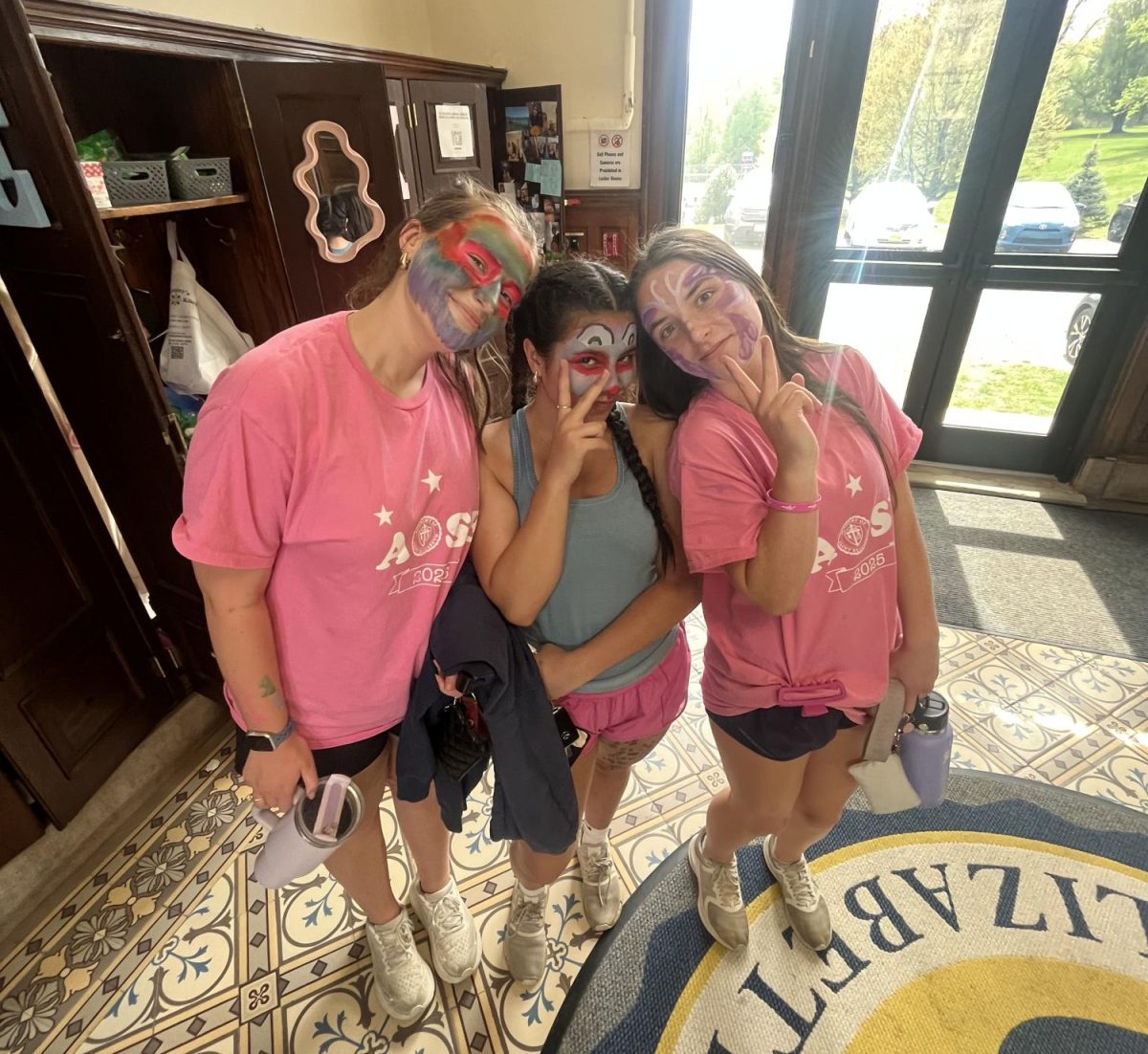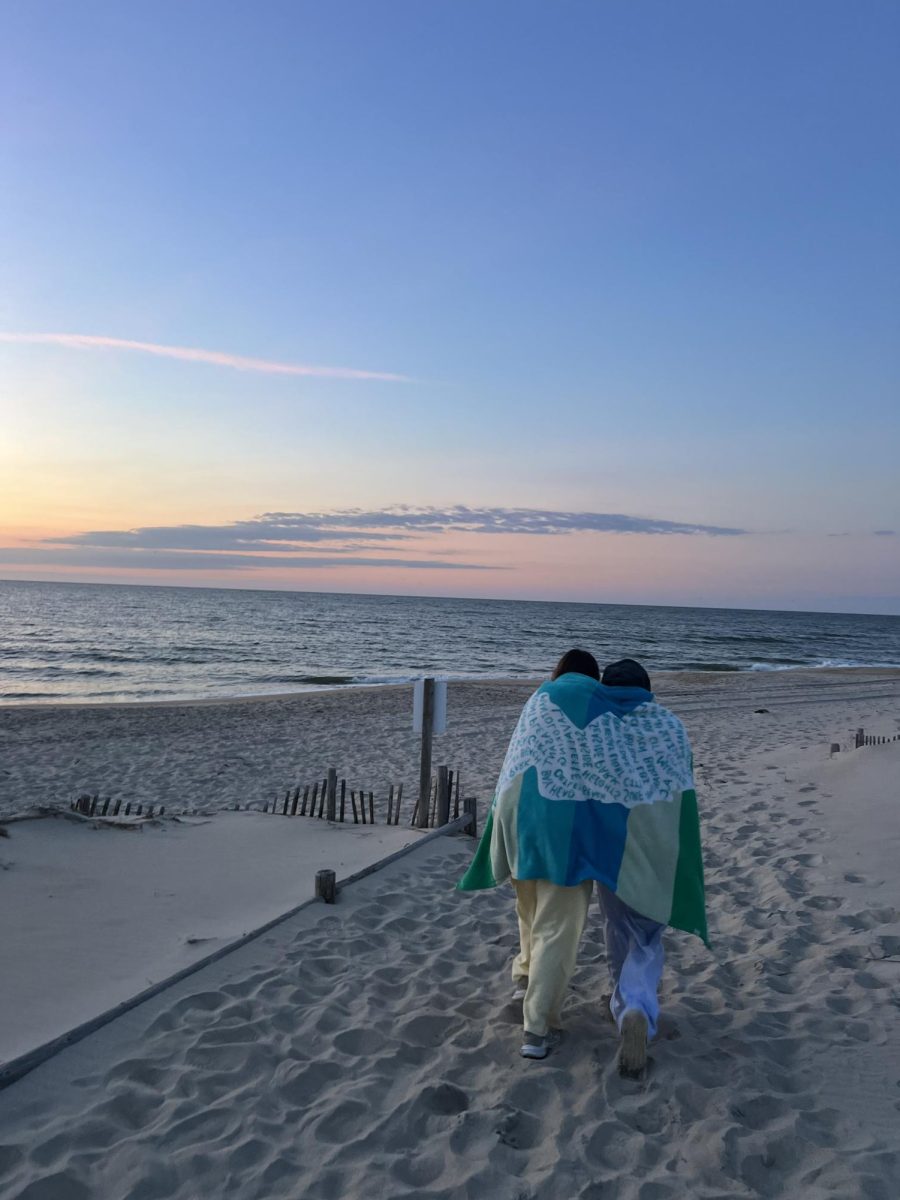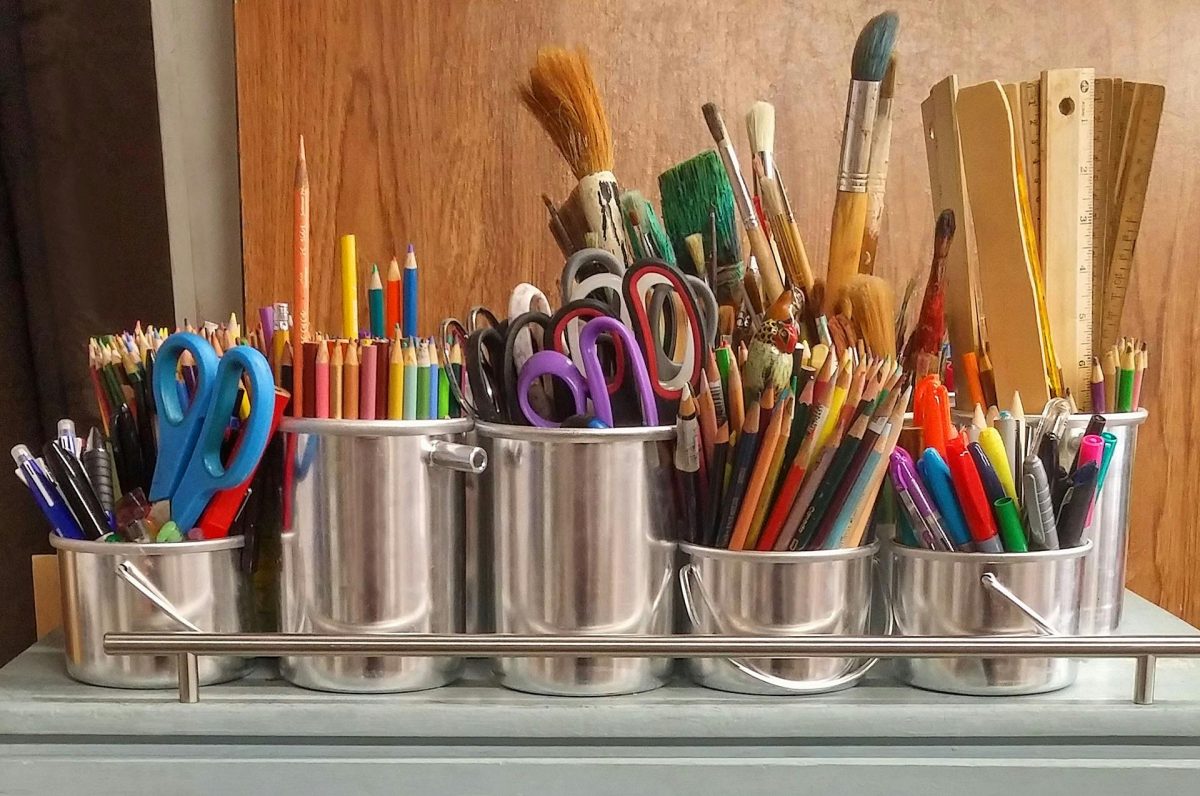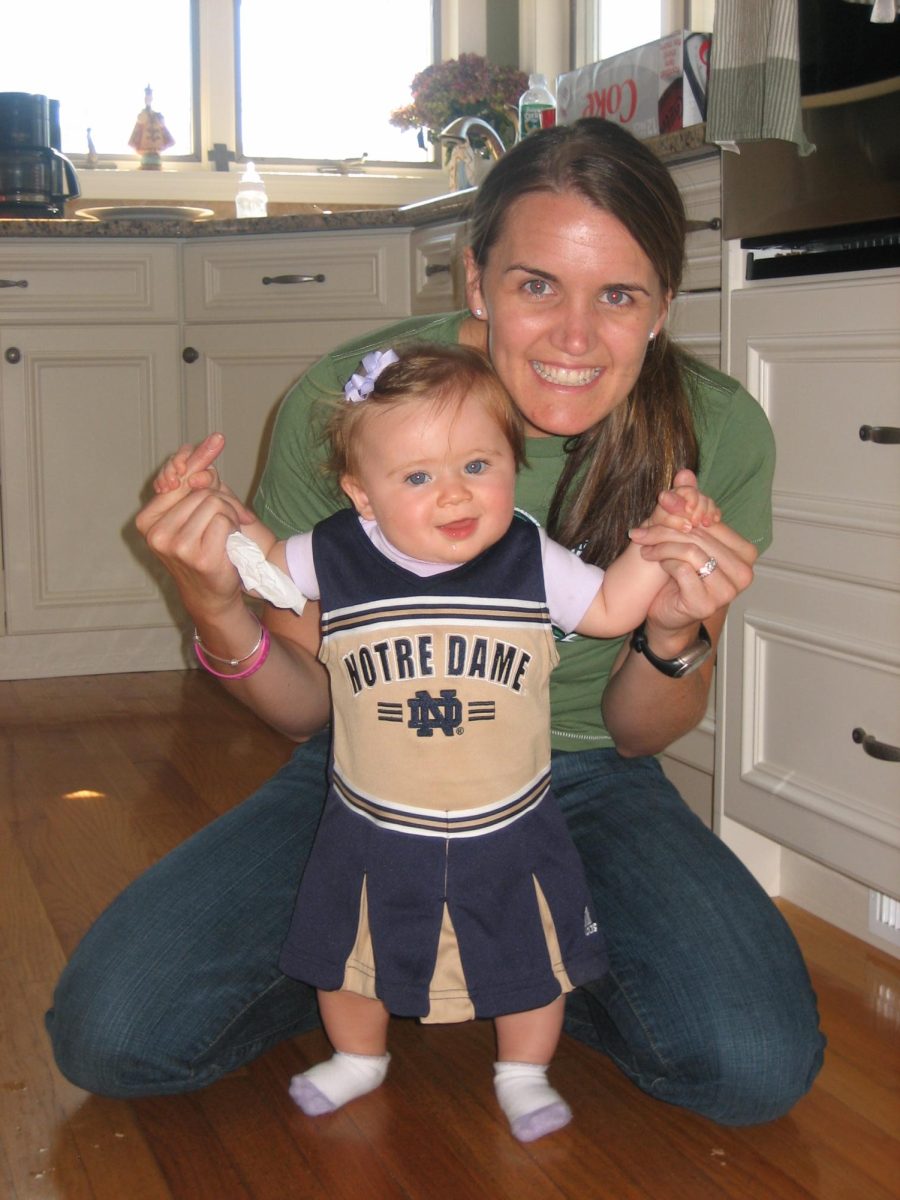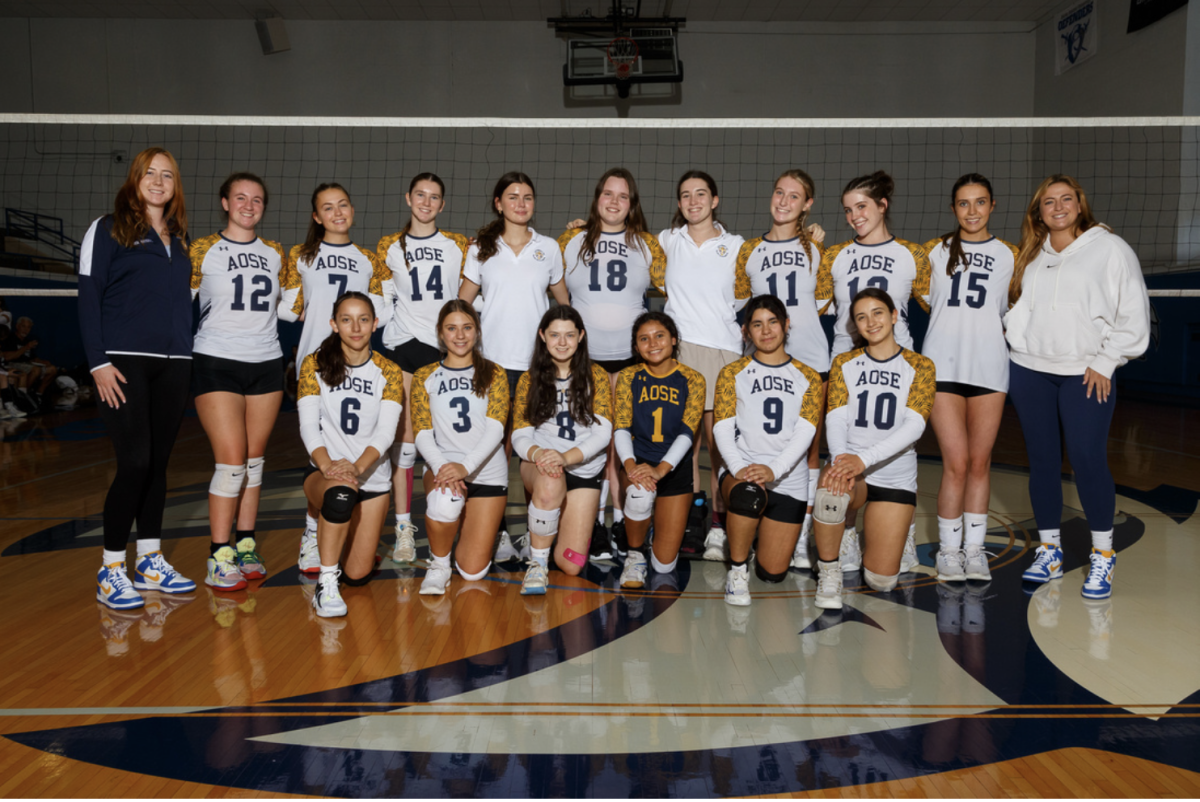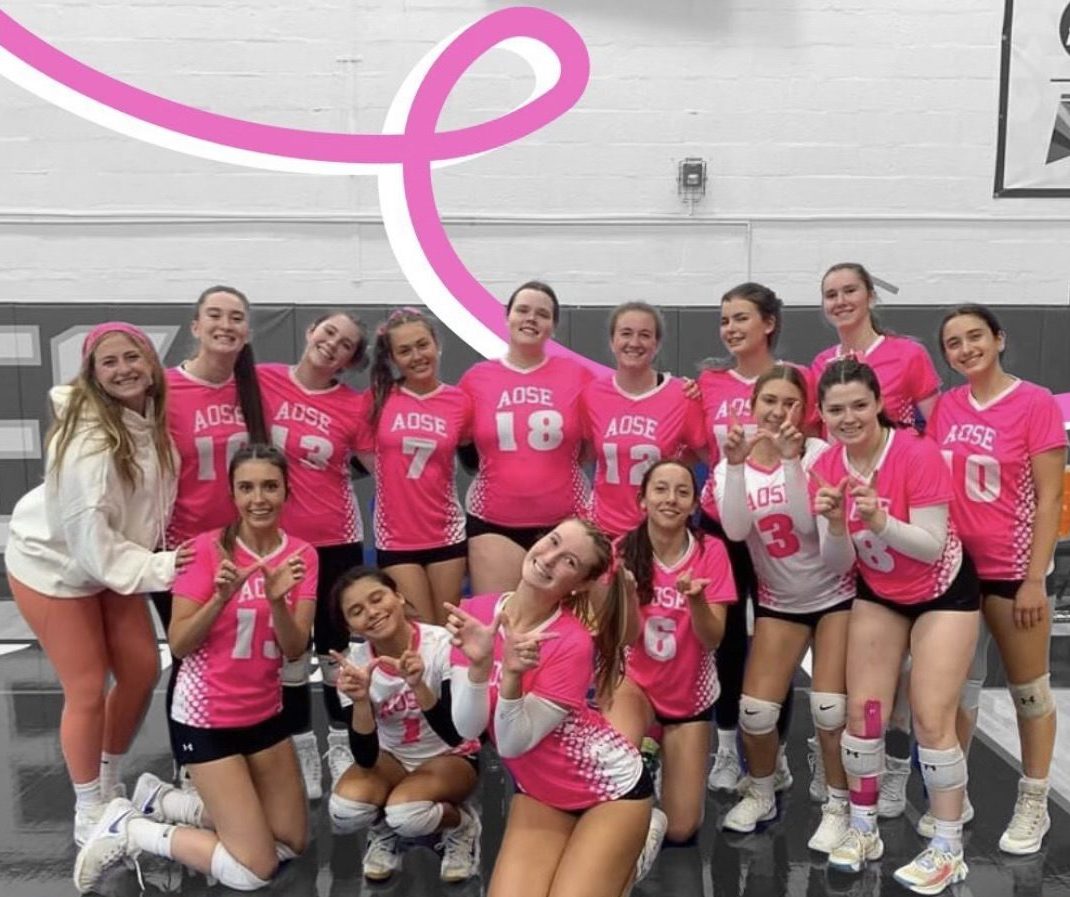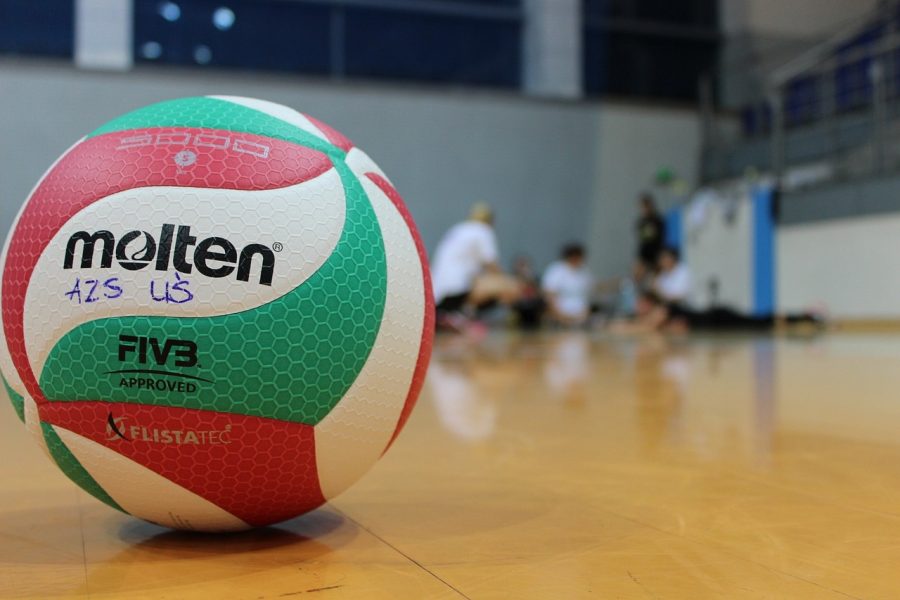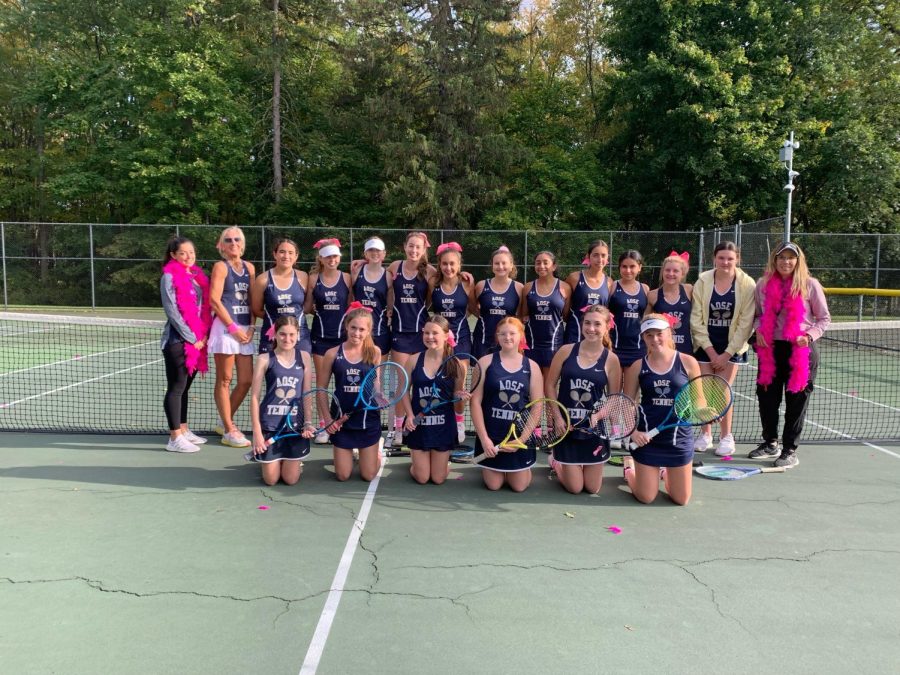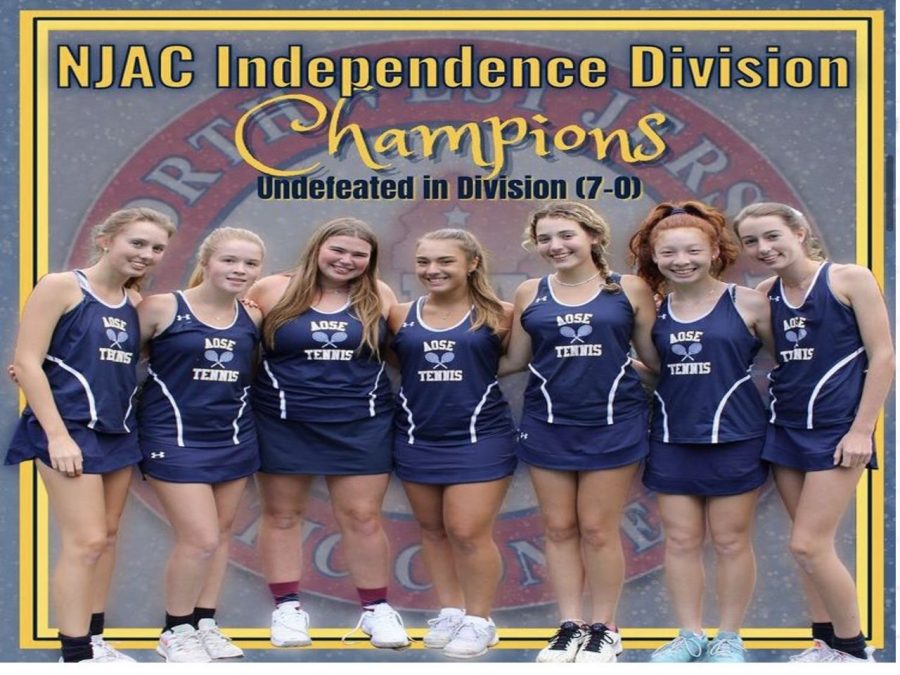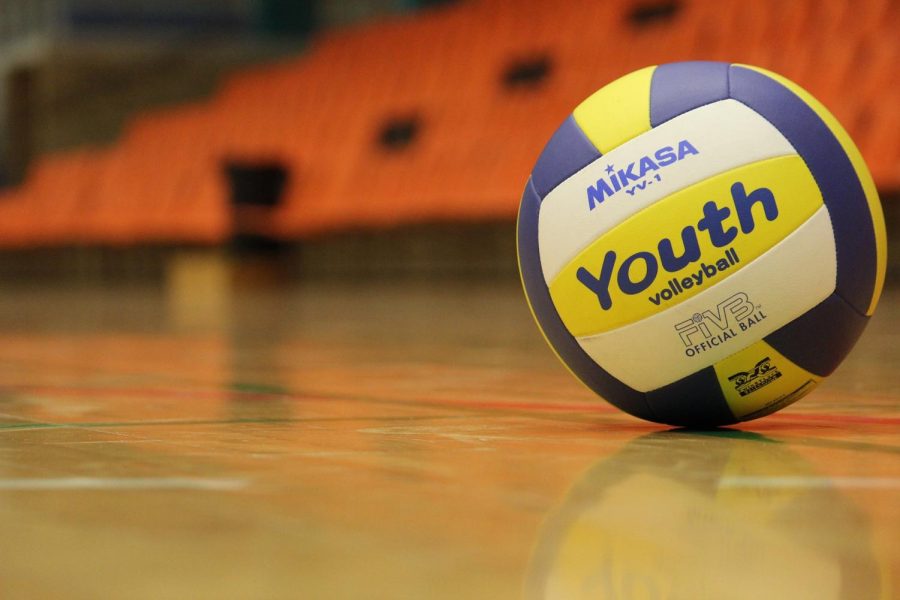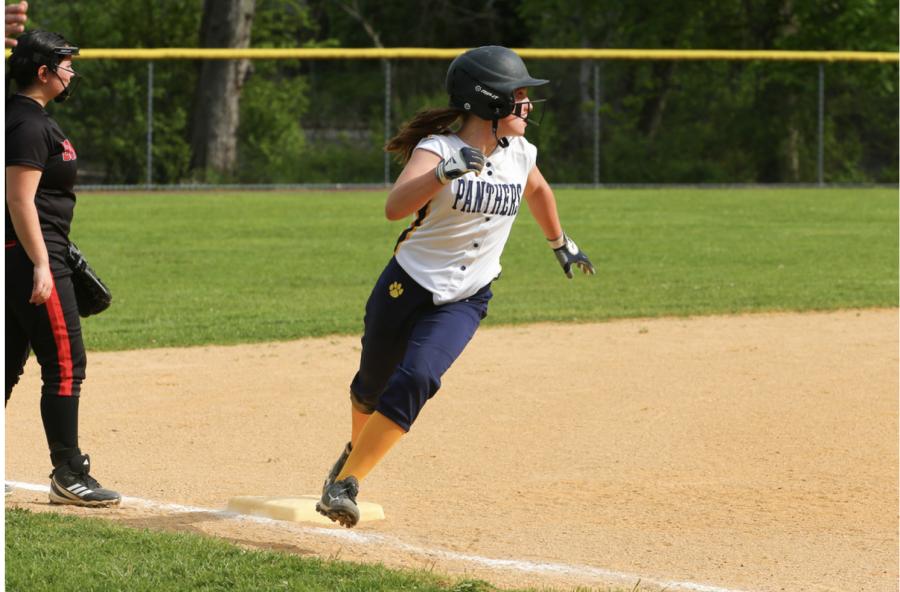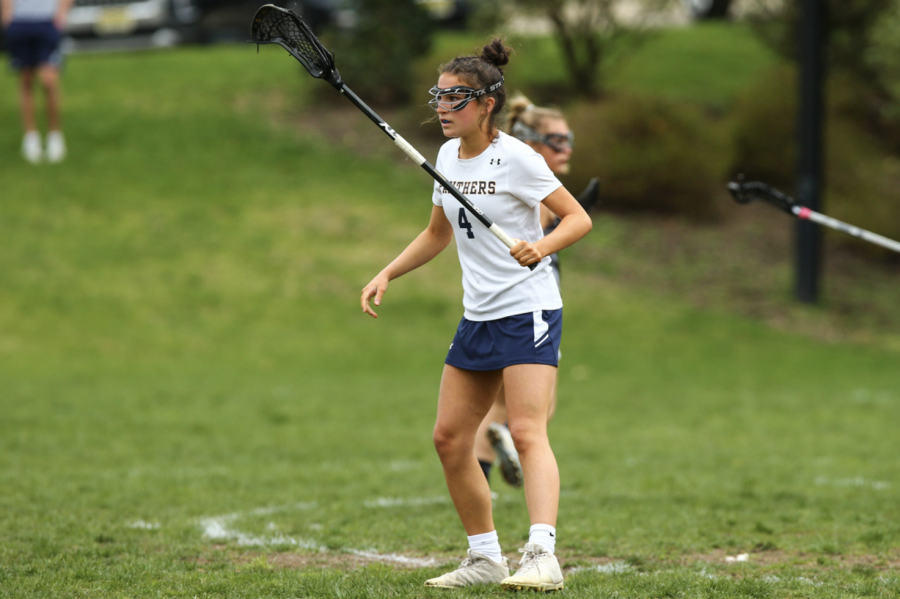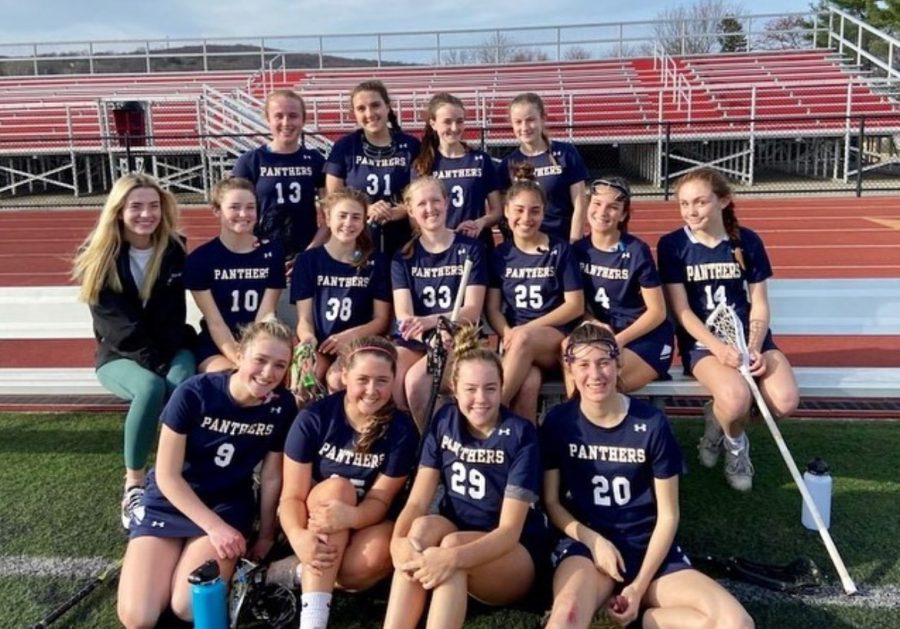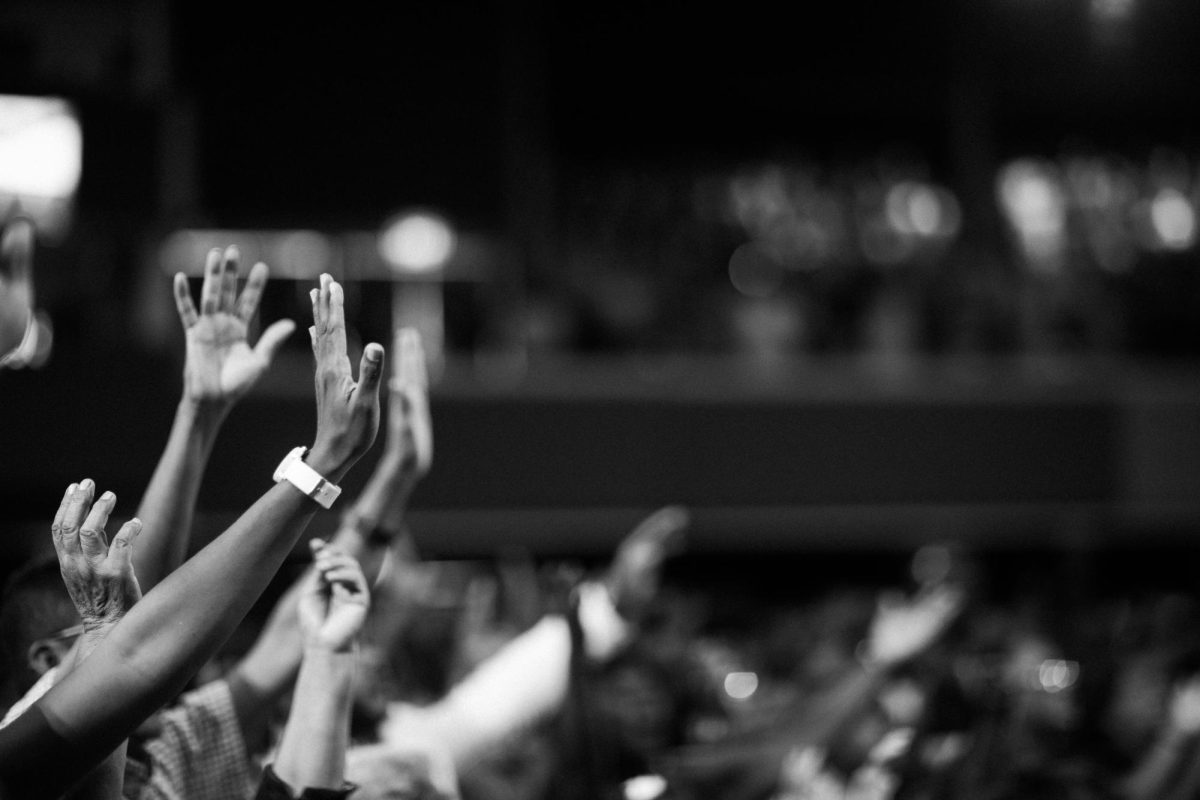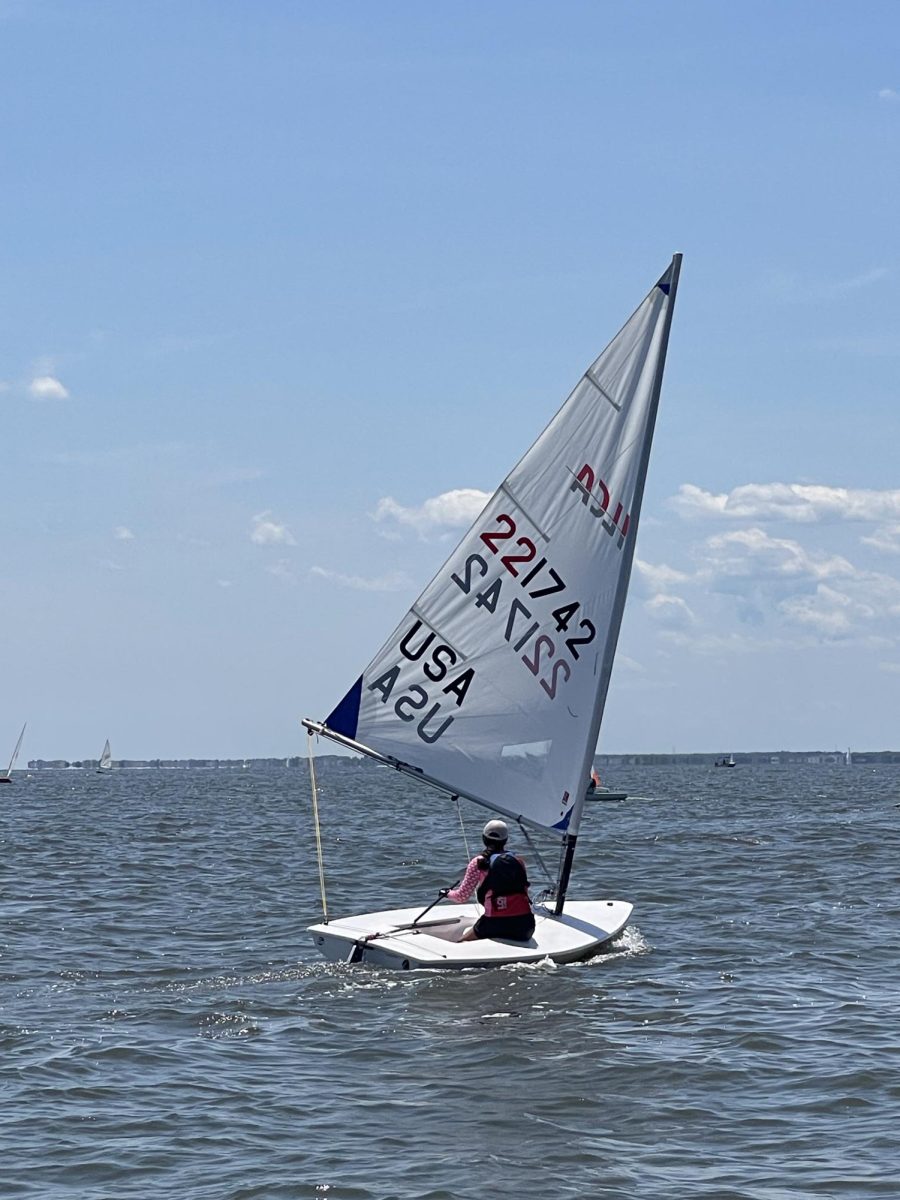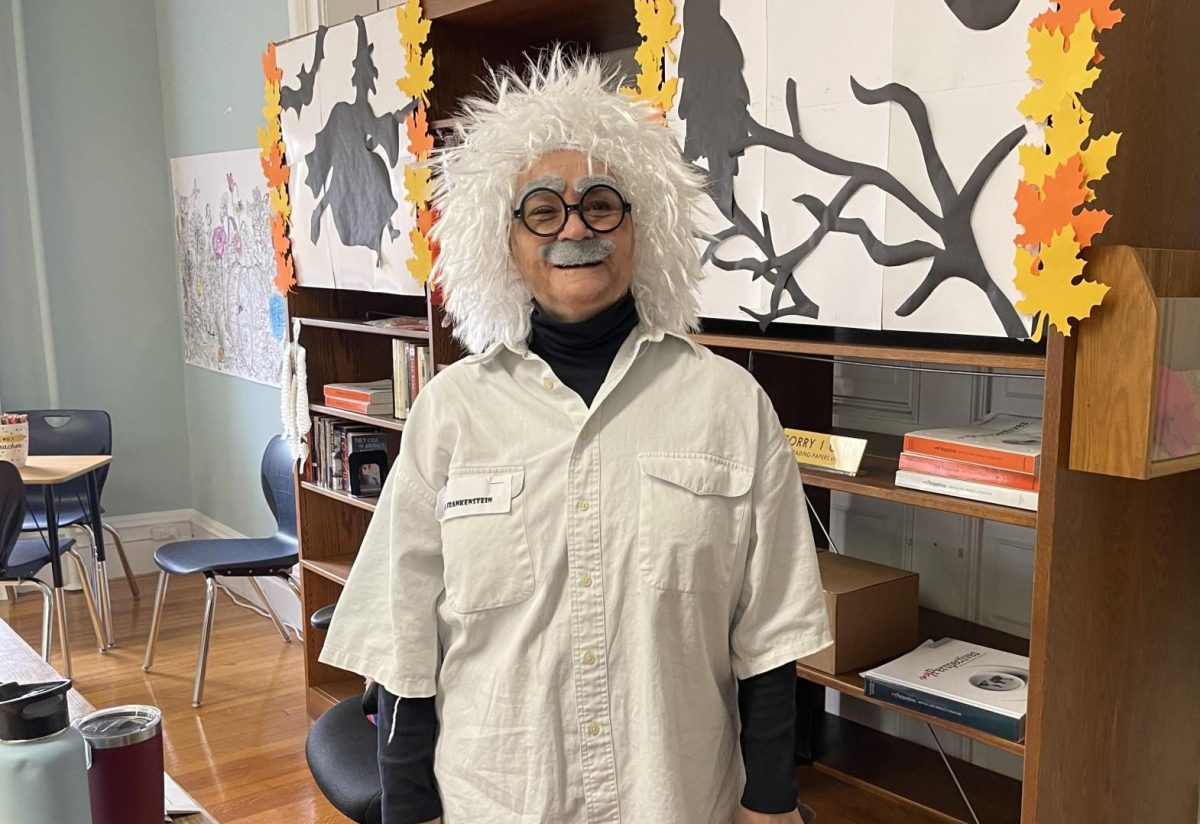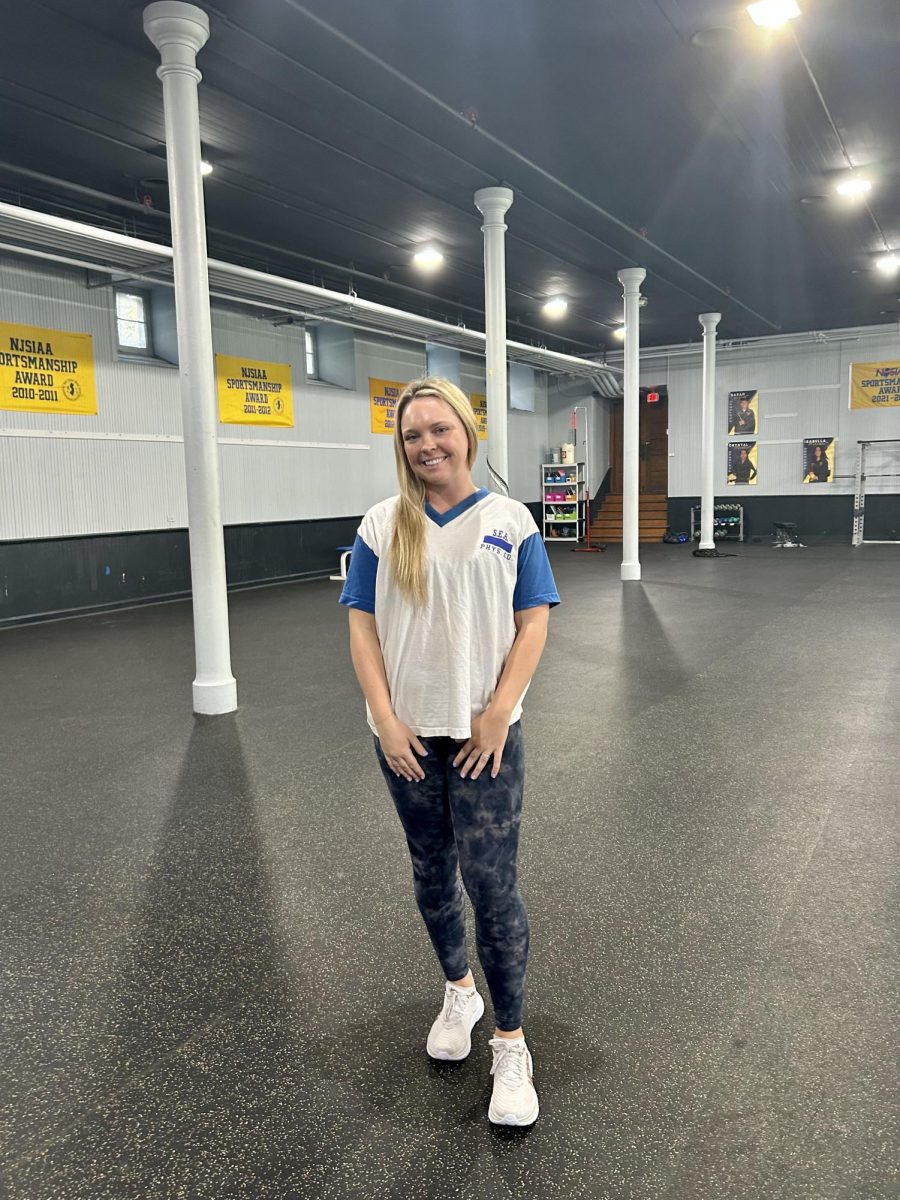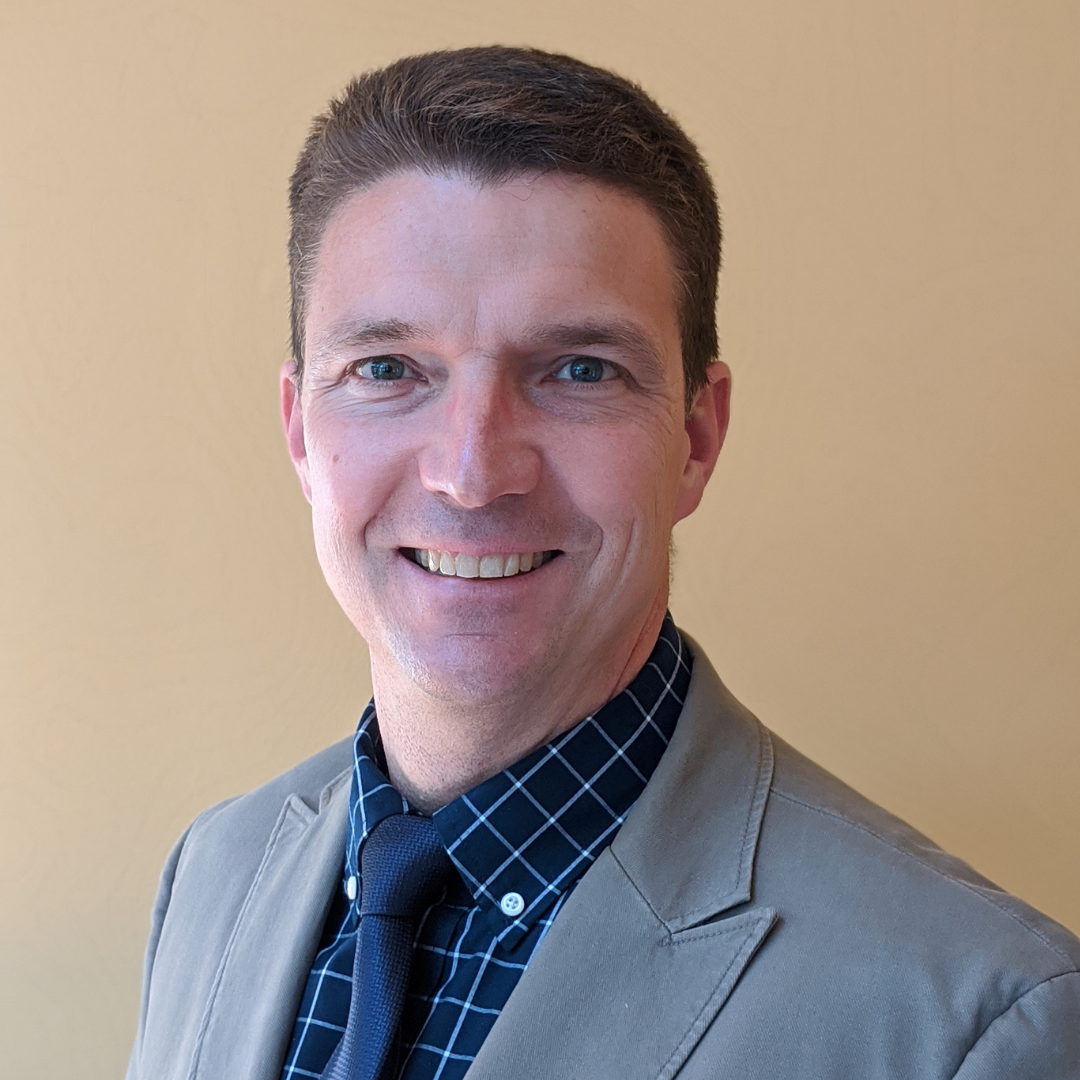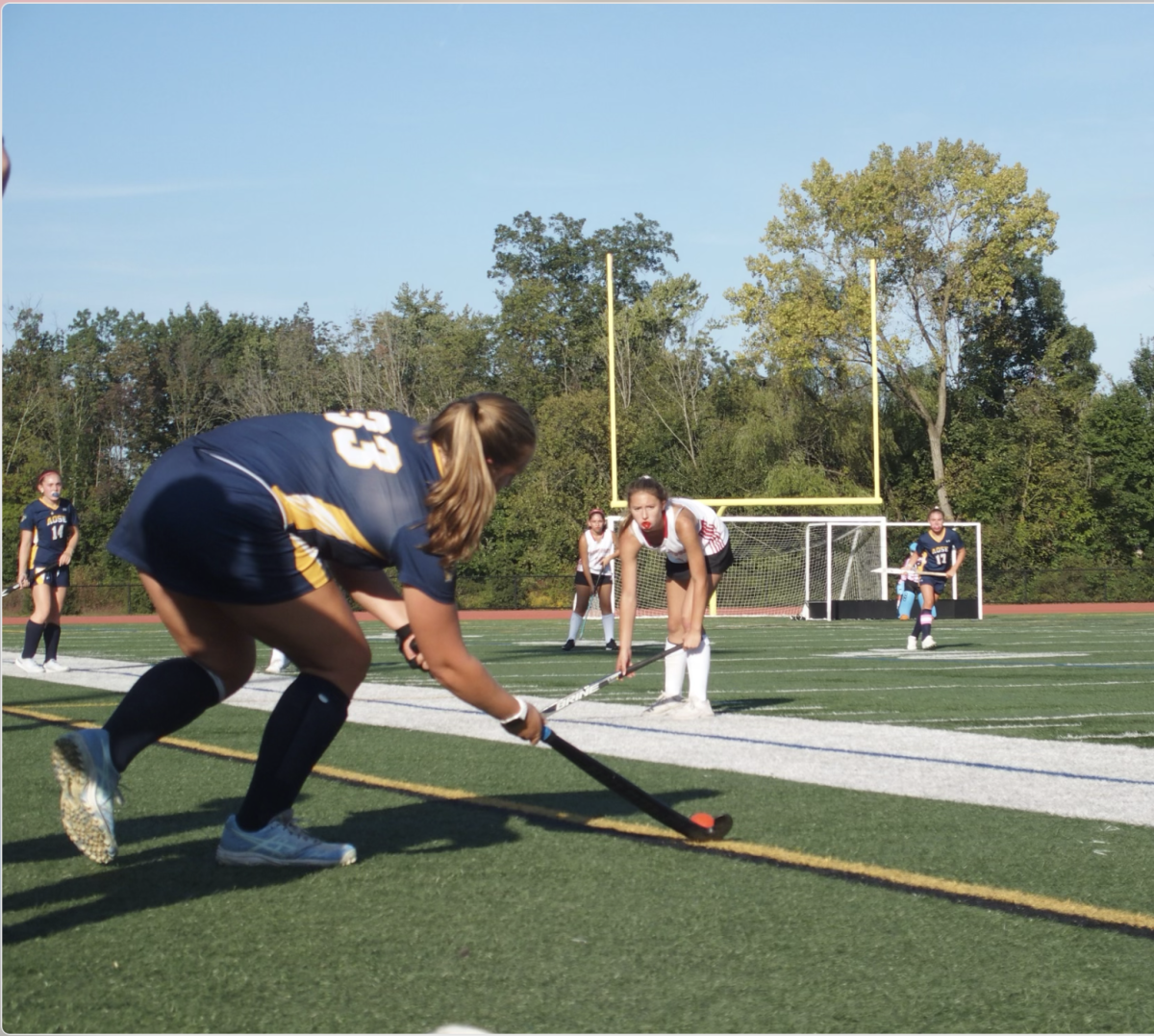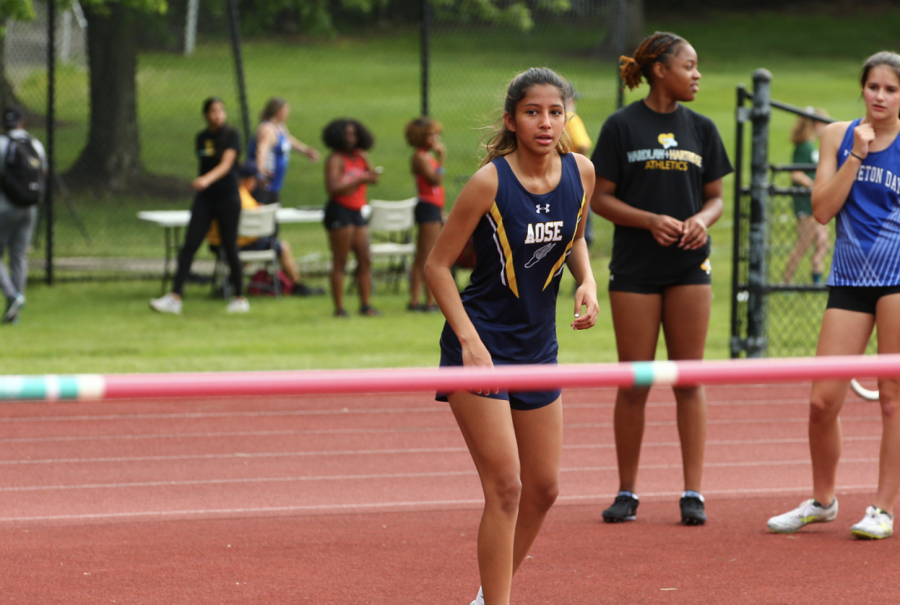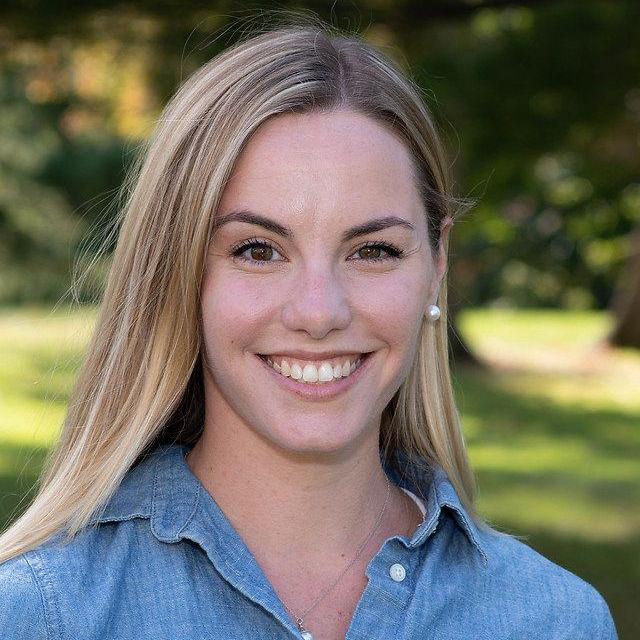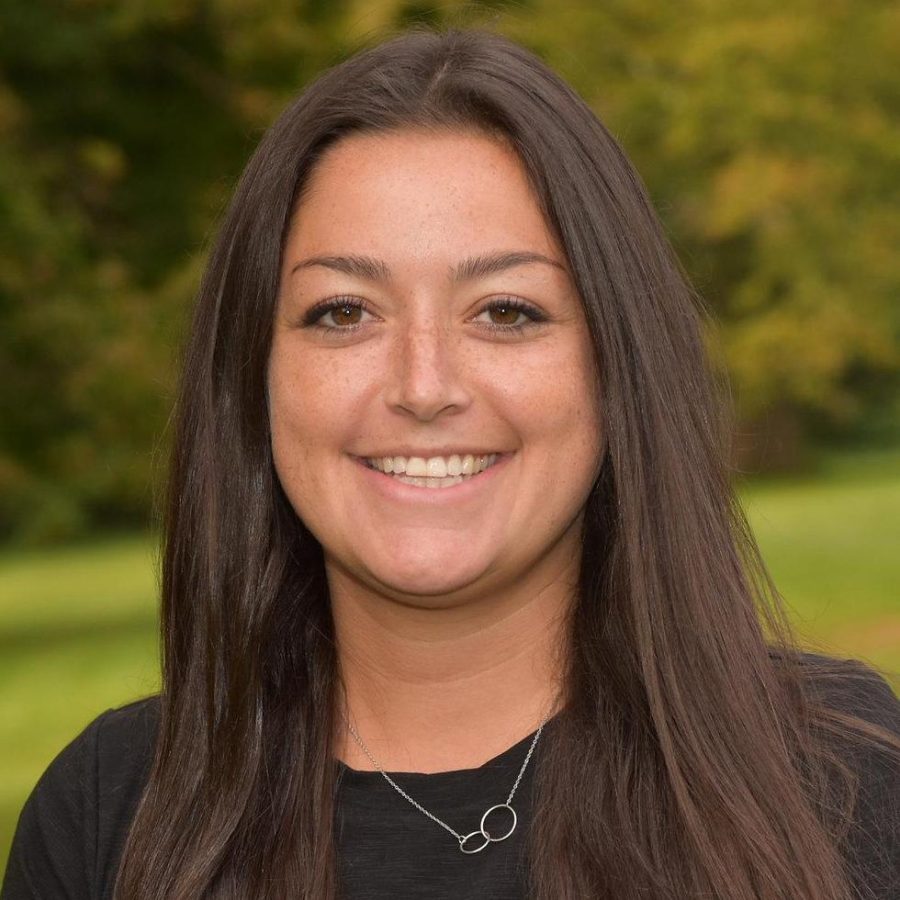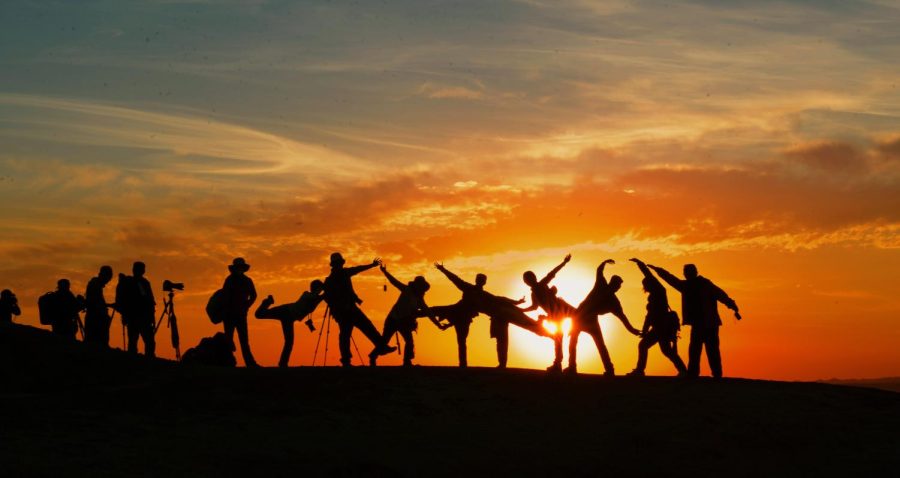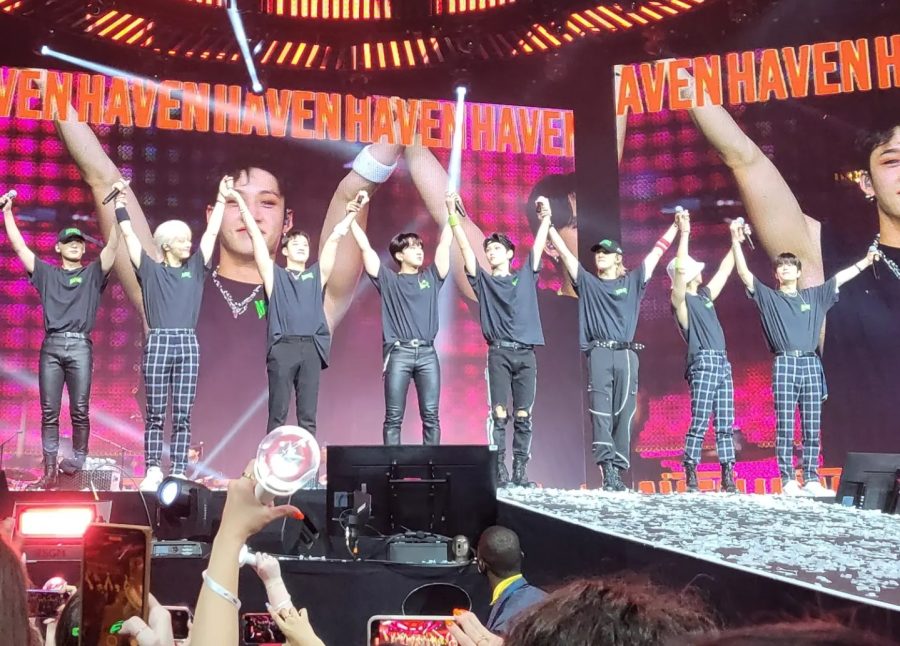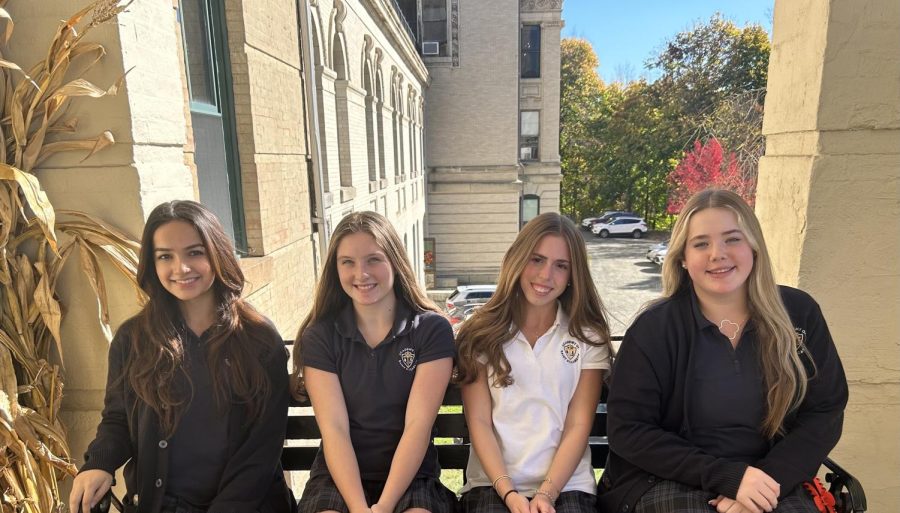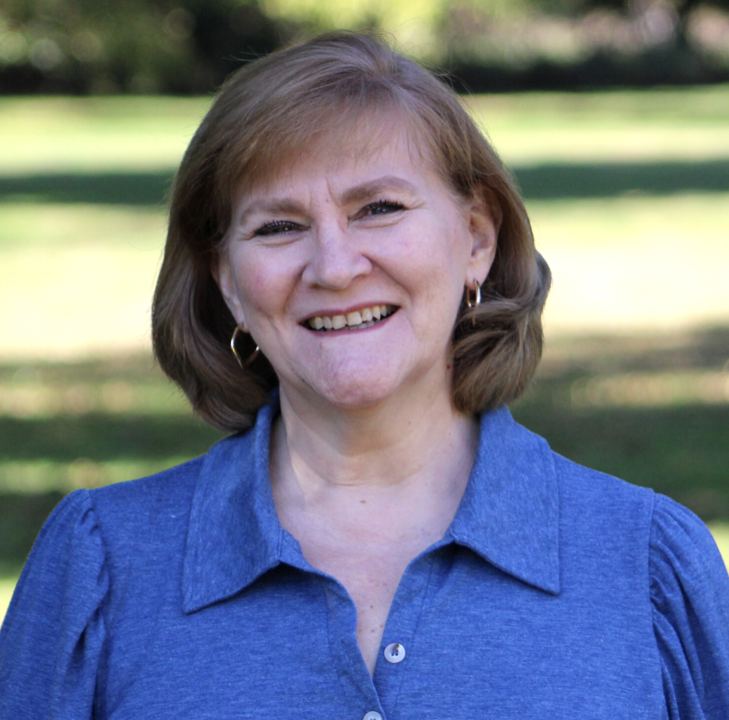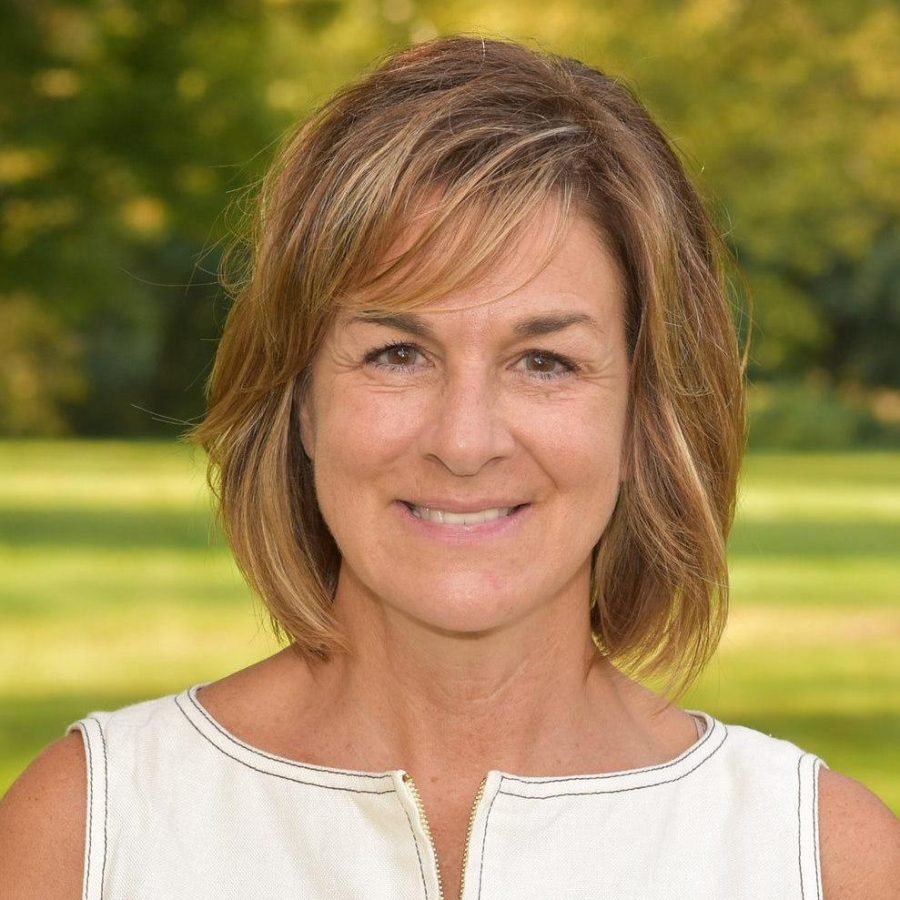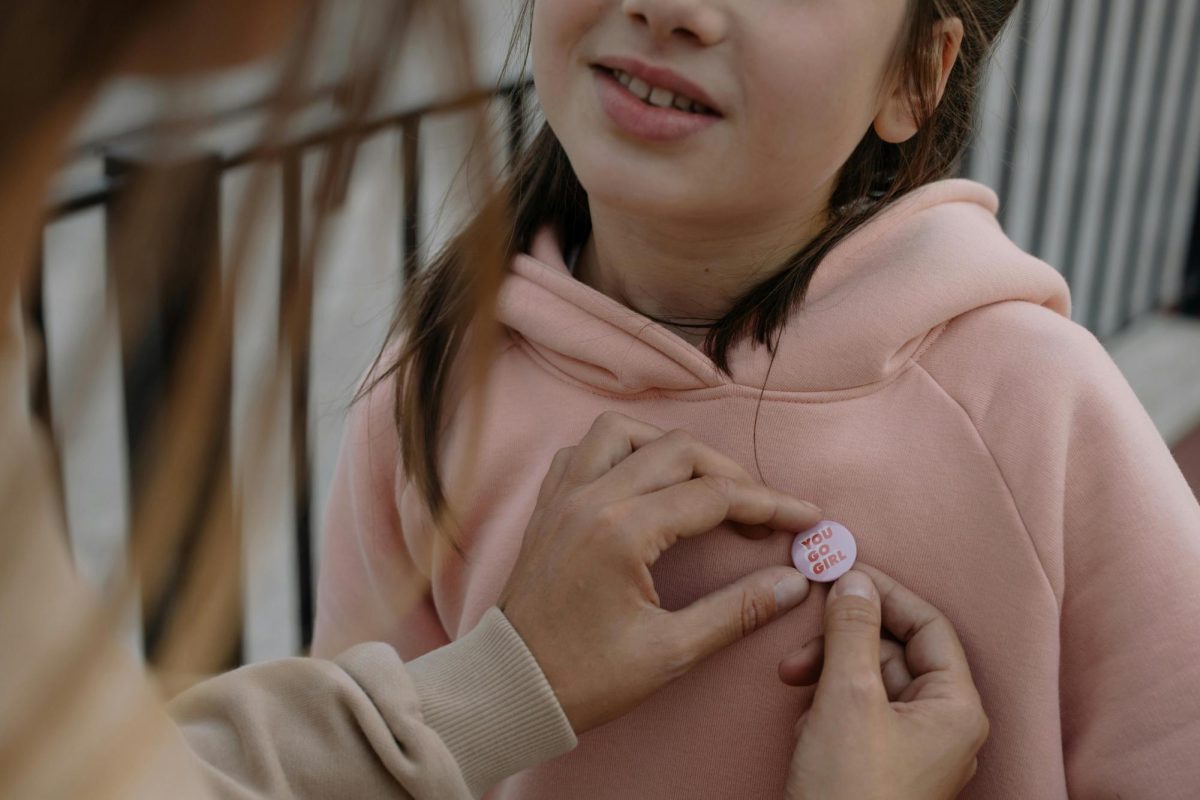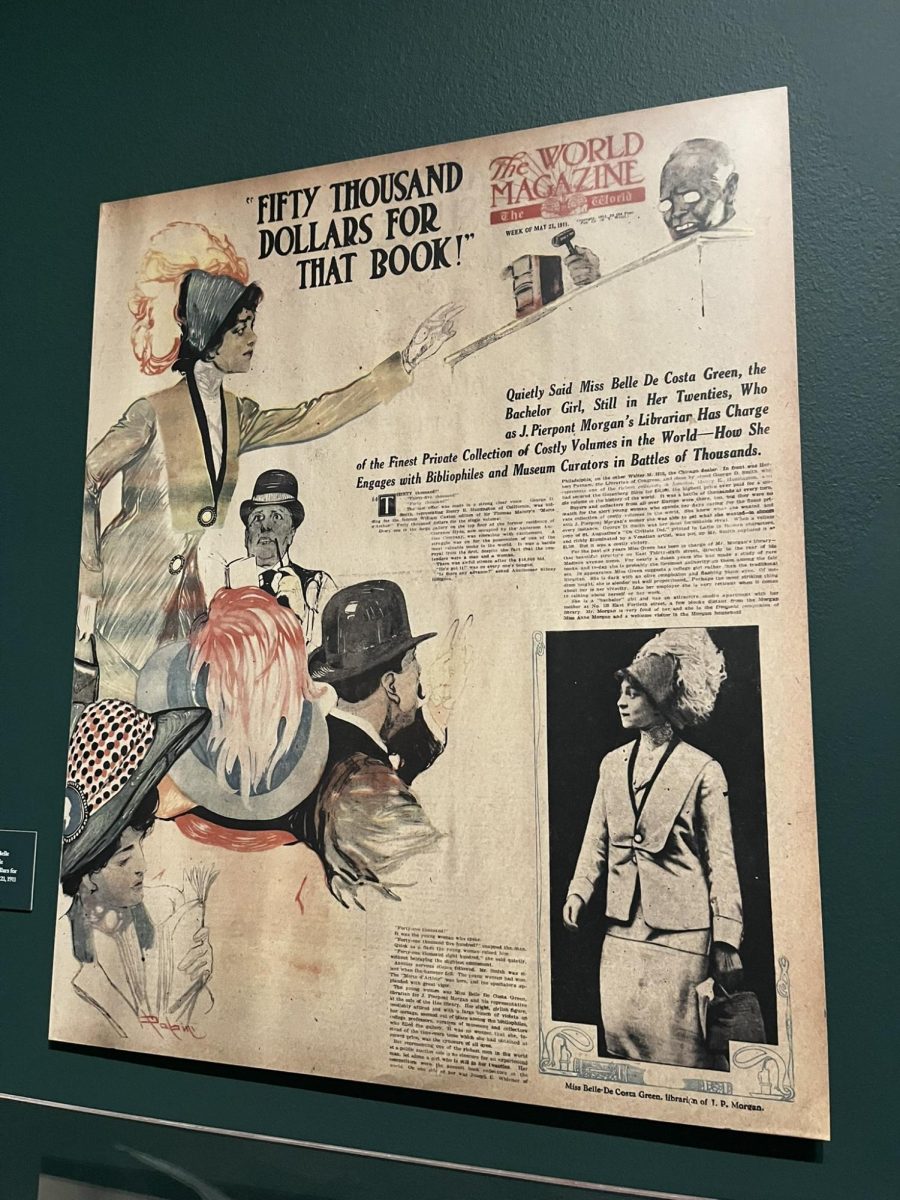A new year heralds new faces– and not just students. The Academy is fortunate to welcome several faculty and staff to our family, and I had the honor of sitting with one of them earlier. I’ll be making asides on occasion, and the interview itself has been slightly edited for clarity.
Without further ado, a chat with everyone’s favorite musician, magician, minister, military man, and much more: Deacon Russ.
BL: This is Bridget Lomax. The date is September 8th, 2023, and I am interviewing— would you like to introduce yourself?
DR: Deacon Russ Raffay.
BL: Fabulous. So, is your day going well?
DR: Yeah! How’s yours going?
BL: Pretty peachy! Aside from the heat, we’re vibing.
(The Northeast suffered a trio of meteorological anomalies in the form of a heatwave that spanned three days. This interview was conducted in one of the new and air-conditioned counseling offices– the rattling machine’s hydrofluorocarbons were refreshing on the skin, sticky with the week’s forecast.)
DR: And the bees.
(Another note– honey bees are swarming the Chemistry Lab, meaning that they’re searching for a place to form a new colony. Harmless and confused, the school is working to find them a permanent home as quickly as possible.)
BL: And the— I love the bees. I’m a bee enthusiast.
DR: Are you on the Pollinators Committee?
BL: I am on the Pollinators Committee. I also staffed the Nature Center at a Boy Scout camp this summer.
DR: What camp?
BL: Camp Yawgoog, Rhode Island.
DR: Where’s that?
BL: Rockville, Rhode Island?
DR: Okay! Okay, I’m a Scout leader.
BL: Oh?
DR: We go to camp up in Mount Pocono. Camp Minsi.
BL: I have only ever camped at Yawgoog, but we also have local camps I volunteer at for the Order of the Arrow.
DR: Are you OA?
(The Order of the Arrow– colloquially referred to as the OA– is a Scouts BSA volunteer service organization. For lay people, consider it Boy Scouting’s National Honor Society with ranks that progress from Ordeal and Brotherhood to Vigil.)
BL: Yeah.
DR: Ordeal or Brotherhood?
BL: Brotherhood.
DR: Did you go to Conclave?
(OA Conclaves are generally weekend-long events annually hosted by different Lodges for all local Arrowmen. Lodges are a geographical subdivision of the larger organization– for example if you live in Northern New Jersey and were to become a member, you’d likely be part of OA Lodge IX. I digress.)
BL: Yes!
DR: Oh, nice.
BL: Yes I have.
DR: Excellent.
BL: It was great— I do a lot of Scout stuff. Morgan and I are both Eagle Scouts.
DR: You’re Eagle?
BL: Yeah.
DR: Same here.
BL: O-m-g, Eagle for life?
(Once an Eagle, always an Eagle, as Scouts will attest. If you manage to achieve the meaningful rank, you are an Eagle for the rest of your life.)
DR: Mhm.
BL: That’s interesting! Let’s talk about that a little bit. When did you join Scouting?
DR: Um, 1970?
BL: Oh my goodness!
DR: Yeah, something like 197…4, I think? Was my first experience with scouts, and on June 26th, 1986, I became an Eagle Scout. Once I had my family, and we had kids who were interested in Scouting, I became a Scout leader for the Cubs. Then I became the Scoutmaster. I stepped down from that, and now I’m an Assistant Scoutmaster.
(More lexicon– Cub Scouts are a branch of the Boy Scouts of America tailored for kids grades K through 5. Middle through high schoolers are then invited to join the Scouts BSA, which most people will recognize as the classic Boy Scout troop. These troops are led in part by adult volunteers, the most senior of which is the Scoutmaster.)
BL: Oh, that’s glorious. And your troop is based?
DR: Byram.
BL: Byram, yeah.
DR: Troop 276.
BL: I am Troop 19 Short Hills. How is Scoutmastering for you?
DR: It’s hard. It was challenging, it was fun, and it was good to see the kids grow. Especially, like, when your kids are there. Now all my kids are gone, but I’m still involved.
BL: Oh! That’s wonderful.
DR: Yeah, so, my kids have been out of Scouting, for like, four years, but I’m still involved.
BL: And what are your favorite lessons that Scouts teach kids?
DR: How to be successful citizens.
BL: Mine has always been servant leadership. We’ve spoken a lot about Scouting, but where are you from, originally?
DR: Byram, New Jersey? Which is over in Sussex County.
BL: My troop probably has some girls from there. And, the Scouts, it sort of used to be like a feeder for the military, back in the day. You probably know the history, why it’s militaristic. At camps, we wake up to revelry, we have taps– very cut-and-dry– and we pledge to the flag every meeting. You also were interested in joining the military, correct?
DR: Yeah. My brother went to West Point. Graduated and went into Armor. As an Armor officer, he was halfway through West Point, and I wanted to follow in his footsteps at a time when it wasn’t really popular to join the military. So, I applied to just military schools for my colleges, and that’s it. Nothing but military schools. I chose Virginia Military Institute, and I went to airborne training. I had a couple of future slots picked out for where I was going to be commissioned, and then right before I was graduating, I lost my commission for medical reasons. And, life… I don’t know, life just throws you curves every once in a while, and, thus, here I am!
BL: Huzzah!
DR: Four years, working hard for a certain future, and then God just throws you a curveball, and you deal with it.
BL: And what were the conversations like from that time?
DR: Well, it wasn’t popular to be in the military back then, before the Persian Gulf War. I went in 1987.
BL: It’s not like there was no conflict back then..?
DR: There really wasn’t conflict going on. I was down in Fort Bragg, North Carolina, and the night I lost my commission, the 82nd Airborne went over to South Africa, then into Saudi Arabia, to prepare for the war. I lost my commission because a bill cut 10% of military forces. I was a part of that 10% cut, and they said: “Well, we’re not actively deployed.” Well, we were— but the war, the war. The war lasted 100 hours, and in the buildup to the war, I was recommissionable, and I was working to get my commission. And then the war ended in 100 hours, and they just started cutting the military, gutting it. So.
BL: Oh. That’s sort of… tragic.
DR: Yeah.
BL: But you got a lot of experience from that.
DR: Oh, yeah.
BL: Do you have any fun memories from your time?
DR: Oh, yeah. First off, it was all same-sex education, so it was all male. So the experience of going to an all-male school compared to an all-female school, right? The education is different. I’ve been a public school teacher for many, many years. I immediately see the difference between, you know, educating males and females together versus just the women here.
BL: I guess you’ve been able to have the full experience in co-ed, and single-sex in both, it’s cool.
DR: Yeah. Way too many stories to share.
BL: Figured.
DR: Just, the bond that you build in the classrooms and in general because you’ve been through so much. And I know this isn’t a military school, but you still have the bond, you still have your trials and your tribulations that you go through every day. In some ways, it’s very similar.
BL: After you lost your commission, you became a teacher. When and why did that happen?
DR: I started to work for the Department of Corrections, and I was literally about to sign the contract to be worksite supervision with inmates who are on release programs when Sister Mary Agnes from Sisters of Christian Charity, SCC, out of the blue… At the time, my very Catholic girlfriend’s church school was looking for a history teacher. And so I had a history degree, and I was literally about to sign my contract for the Department of Corrections— I was working with them already, but for a better job—, and Sister called up and said, “Do you want to be a teacher?” And I said, “…Sure, but I’m not certified.” And she says, “It’s Catholic school: that doesn’t matter.”
(I laughed here.)
DR: So I started working for four and a half years at St. Michael’s in Netcon as a history, reading, handwriting, art, music… everything.
BL: I did notice you have a guitar in your room. Do you play?
DR: Yes.
BL: What do you play?
DR: Guitar.
(Deacon Russ laughed here.)
BL: But like, what sort of boogies do you get down to?
DR: I’m mostly folk, you know, Jason Mraz, I play eclectic stuff like Kansas, Boston, traditional… Yeah.
BL: Can students expect you to whip out the guitar during class?
DR: Sure, or they can always pick it up— that’s what it’s there for.
BL: Ooo, that’s cool, thank you.
DR: Yeah, at lunchtime, just come on in and pick it up— and I can also bring in a cajón, you know, a box drum. I play the cajón; so bring in the cajón, pull out the guitar, and people can make music.
BL: We can jam!
DR: ‘Cause singing is praying twice, right?
BL: Yeah, I sing.
DR: There we go!
BL: Anyways, what classes are you teaching?
DR: Right now, I’m teaching Bioethics to Seniors, Judaism, Christianity, and Islam to Juniors, and US History I Honors. I’m a history teacher by trade, and I taught for four years at Belvedere High School after St. Michael’s. I also started adjuncting; I’ve been an adjunct instructor at various colleges since 1994. Most recently, I just retired after working twenty-three years at Mendham High School.
BL: Oh, wow. And you taught history there, I’m assuming?
DR: History and economics.
BL: Was it fun?
DR: It was great.
BL: And do you plan on retiring from everything, ultimately? What’s your plan for that?
DR: I’d like to give this a decent amount of years, ‘cause right now I look forward to coming to work– it’s enjoyable. I’m not just doing it for, like, one year. Unless I win the million-dollar lottery or the billion-dollar lottery, then…
BL: My mother always tries for those.
DR: Yeah, well, then we’ll see after that, but.
(I laughed here.)
DR: I plan on being here for some time.
BL: Thank you. And how do you feel about retirement? It’s going to come for all of us, after all.
DR: My parents are both educators. My dad missed out on an opportunity when he retired. If he stayed one more year, he would’ve gotten a lot more money. And I said, “Dad, are you sad for missing out on that money?” And he goes, “Nope, ’cause I got to do things that I never would have done. Because I retired.” So I look forward to it. My wife and I, you know— all our children are up in New England, which is weird—
(I laughed here.)
– So we’ll probably eventually move up there.… Or maybe it’s good to keep them at a distance.
BL: Yeah, it depends on the person.
DR: So we’ll see how our lives unfold.
BL: And what do you feel most grateful for?
DR: Well, God. My family. My colleagues– at all the past places that I worked, I still keep in touch with them daily. My friends from Mendham. My friends in life. My wife… Yeah, just the opportunities I’ve been given that I know are only possible through God.
BL: That’s a lot you’re grateful for. And you’ve mentioned God— you are a Bioethics teacher— how has your faith evolved?
DR: I didn’t start Catholic. I started Presbyterian, and I just converted thirteen years ago. I’d say it’s been a wild ride for those thirteen years. I was very involved in the Presbyterian church– I was an Elder in the church–, and we moved. Instead of going to two church services, I decided that I’d just go back to St. Michael’s. I wasn’t a Catholic, but I was still getting to the masses, hearing– experiencing– the mass, and seeing what the church believed in. And, before long, I decided to convert. I took the RCIA program,
(The RCIA, or the Rite of Christian Initiation for Adults.)
and as soon as I finished that, St. Paul Inside the Walls had their Evangelical program– an Evangelization program. I entered that for three years, had a great experience, and became director of Evangelization at my church. Then the pastor at the time said, “You’d make a great Deacon!” He sent me an email, saying: “Do you want to be a Deacon?” I deleted it. I put it in the trash. I said, uh, no. Not going to do that.
BL: But Deacon Russ! What happened?
DR: Yeah, well, my wife and I had to look for an old email for something— she disputes this story. I’m like, “I got to check in my trash, maybe I archived it.” She found the email and said, “What about this?” And I’m like: “No.” We had long conversations… Lo and behold, I was in the program at Seton Hall to be ordained in the Diocese. I was ordained in 2020.
BL: Congratulations!
DR: Thanks!
BL: How would you like your students to remember you?
DR: Just as somebody who cares about kids, and cares that they learn to see things from all sides, and to have a perspective, and to be grateful for what they have.
BL: That’s great. Time for my fun question… Some mythological beings are said to be summoned— leprechauns with gold, brownies with honey, the Lorax by felling a tree, djinn with a lamp… What would summon you?
DR: To… go to something?
BL: Like, if you were one of these fae, what would summon you? It’s a weird question.
DR: Yeah, no, no, I understand. But to attend, to do something, to be drawn to something.
BL: To just appear at will.
DR: …I like helping people. If somebody needed help, that would be something that would summon me.
BL: Your bat signal?
DR: Yeah, I also like a good time. If something positive is going on, that always draws me. If people are gathering and getting together, I’d like to be involved.
BL: So if people were standing in a circle, you’d just appear in the middle.
DR: Yeah, and I just like– I love talking to people.
BL: Teaching, too, no?
DR: It’s just— education’s amazing. Get all of it you can open your mind, experience what people have to say, and watch and observe and come up with your critical analysis. Find your path: that’s education.
BL: And you’re always speaking out against ignorance. When did you develop that opinion?
DR: Decades ago, when I became a little bit angry at ignorant opinions. You don’t have to agree with people, but you just have to understand where they’re coming from. And if you look at the world today, we’re fighting over meaningless things. There are some things that we should be concerned about, and we should stick to our guns on certain issues, but you need to know what other people are thinking and why they’re making those opinions and decisions to truly understand your fellow human being.
BL: Is there anything else you’d like to say?
DR: This is a great school. For the first time in many years, I enjoy coming to work.
BL: Aw!
DR: And that’s— I’ve been a teacher for… this is my thirty-third year, so.
BL: That’s a very Biblical number there. Interesting: significant.
DR: True. Yeah, so there’s been some times when I enjoy my work. This is a great change in my life, and after all those years at Mendham, I think it’s a good fit!
BL: I’m glad you think that. Thank you so much for your time.
DR: You’re welcome! Thank you.
By now, you should know more about Deacon Russ and how he made his way to our humble Academy. If you want to learn more, his door is always open. I’d highly recommend it.
Did I mention he coaches our soccer team?
Categories:
Teacher Feature: Deacon Russ
September 12, 2023
2

